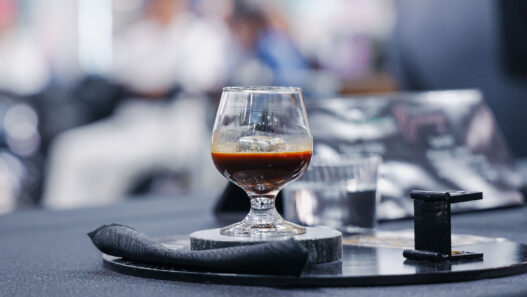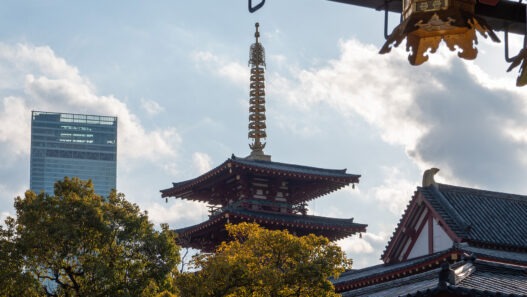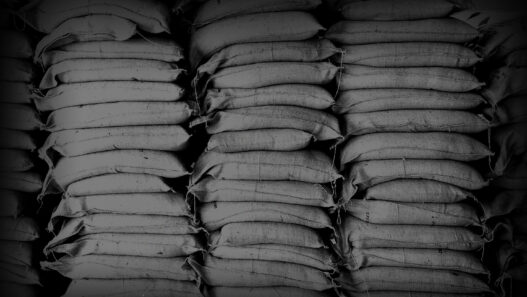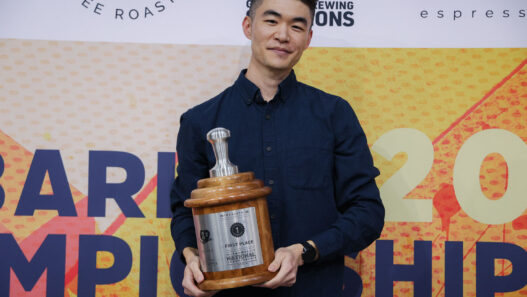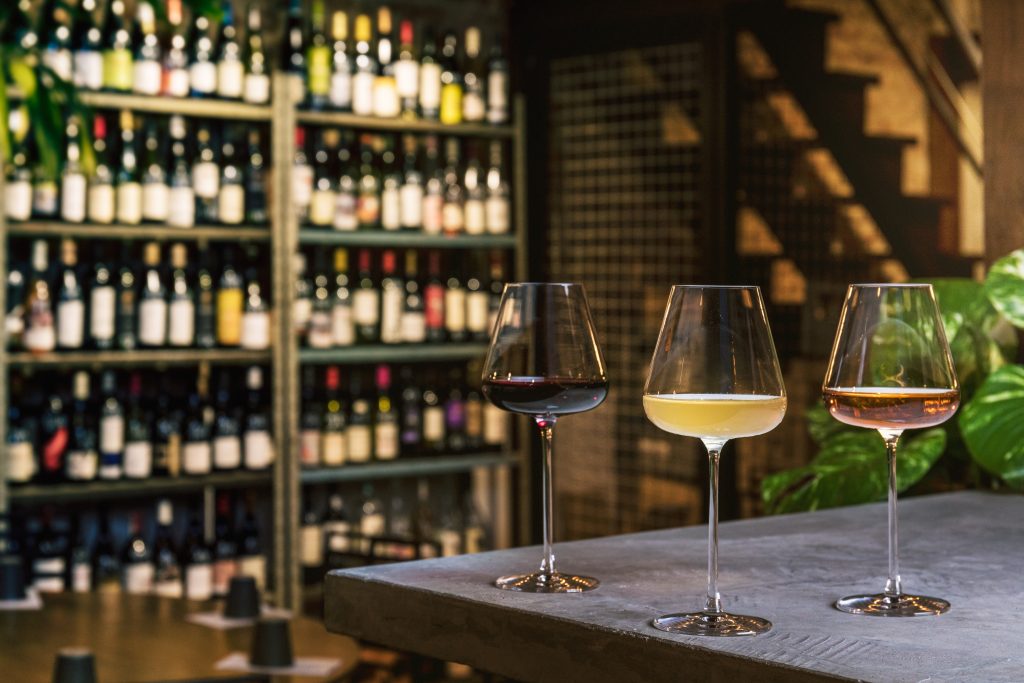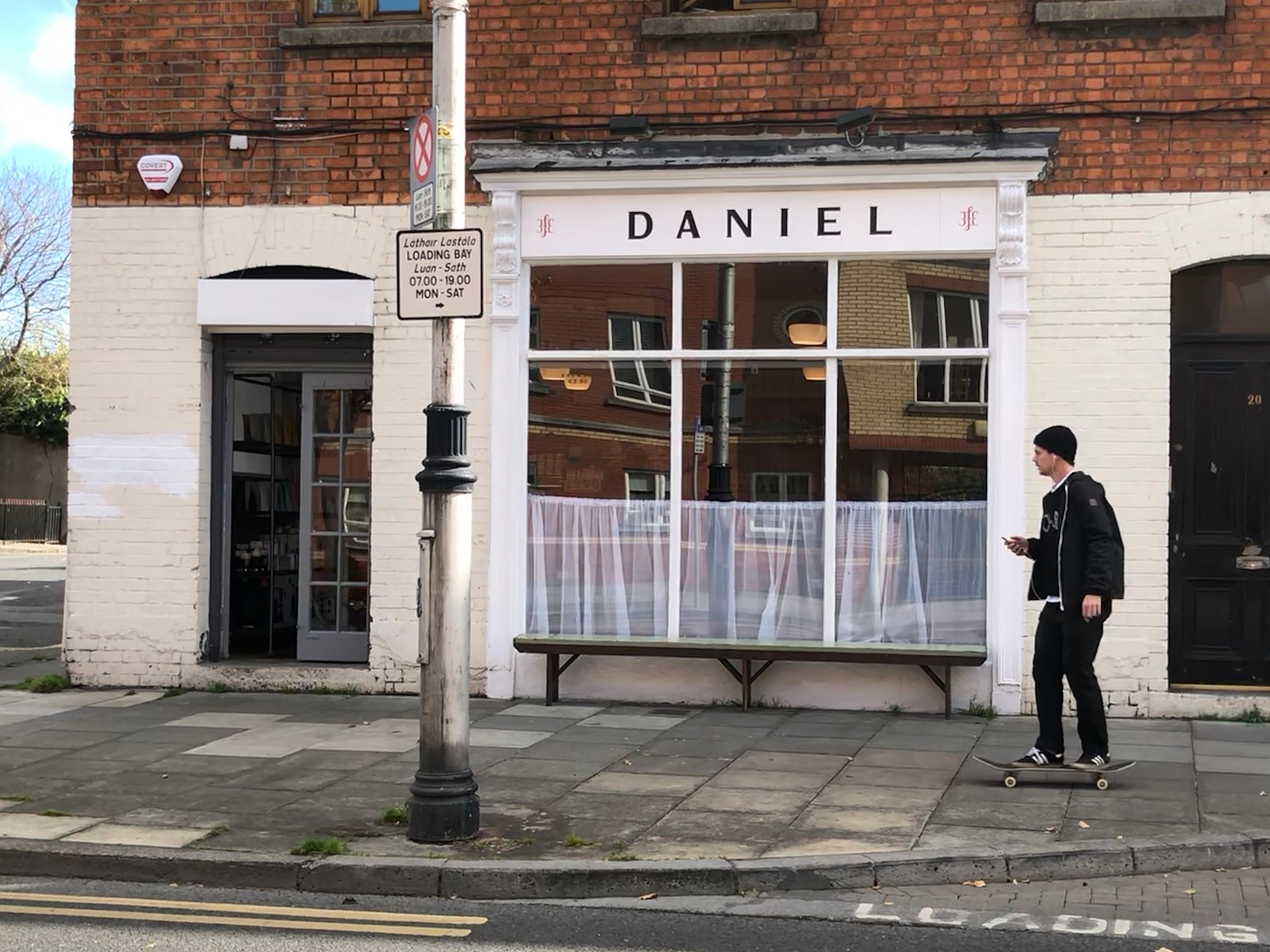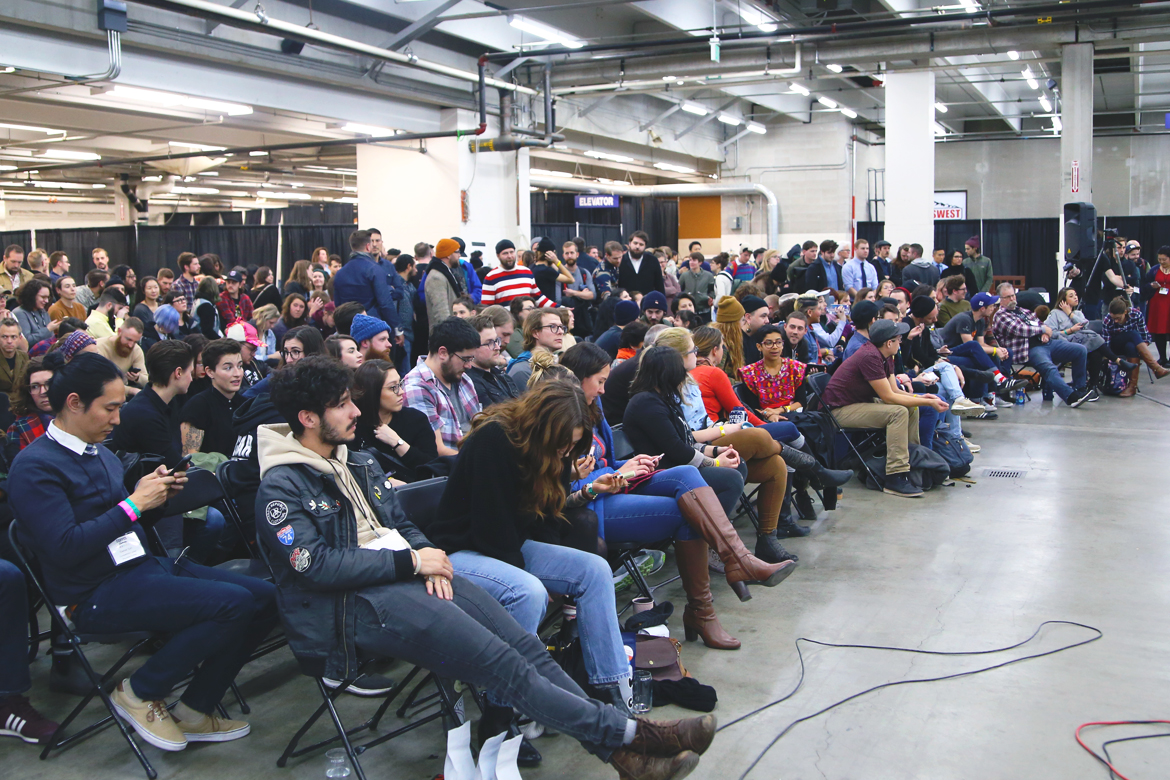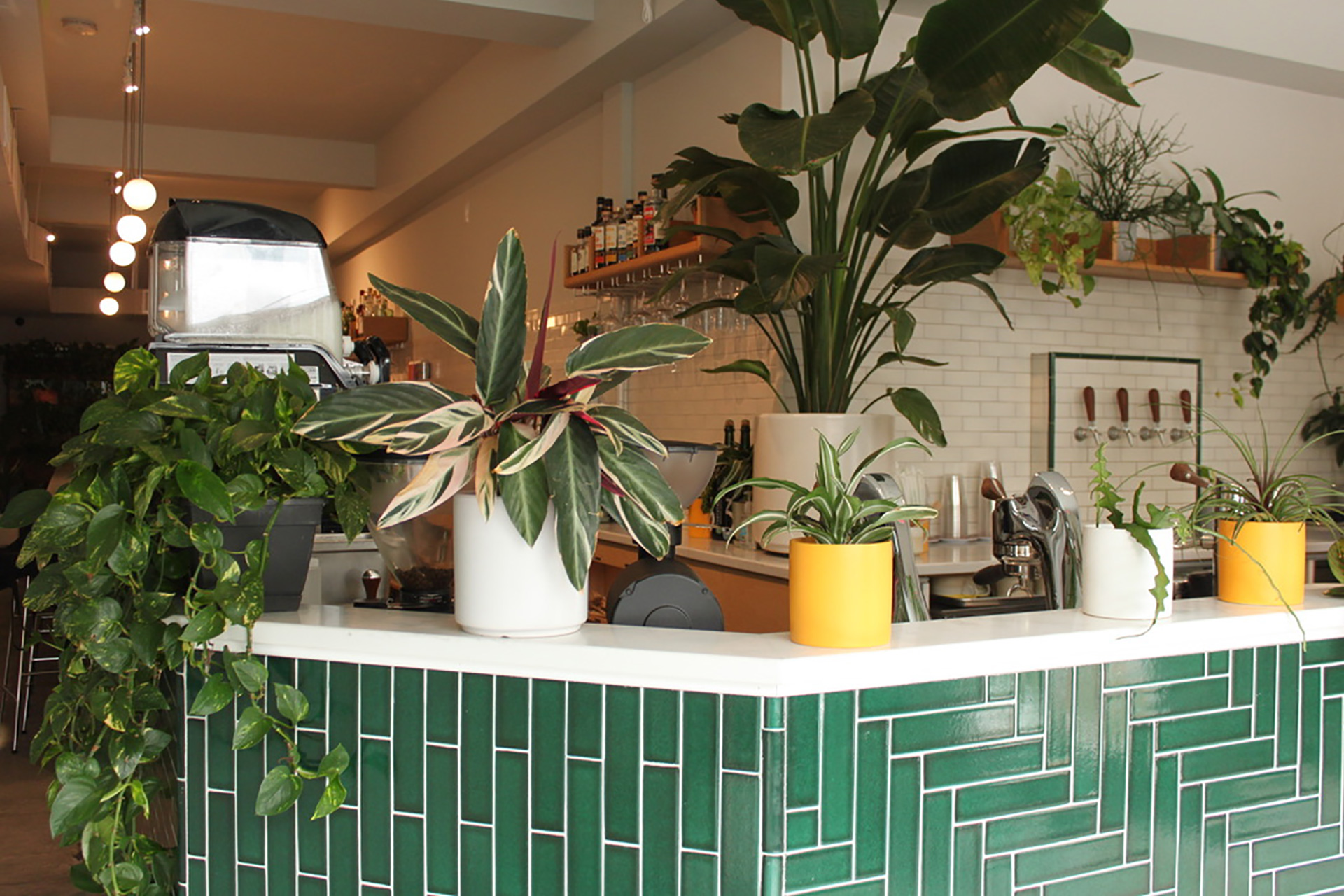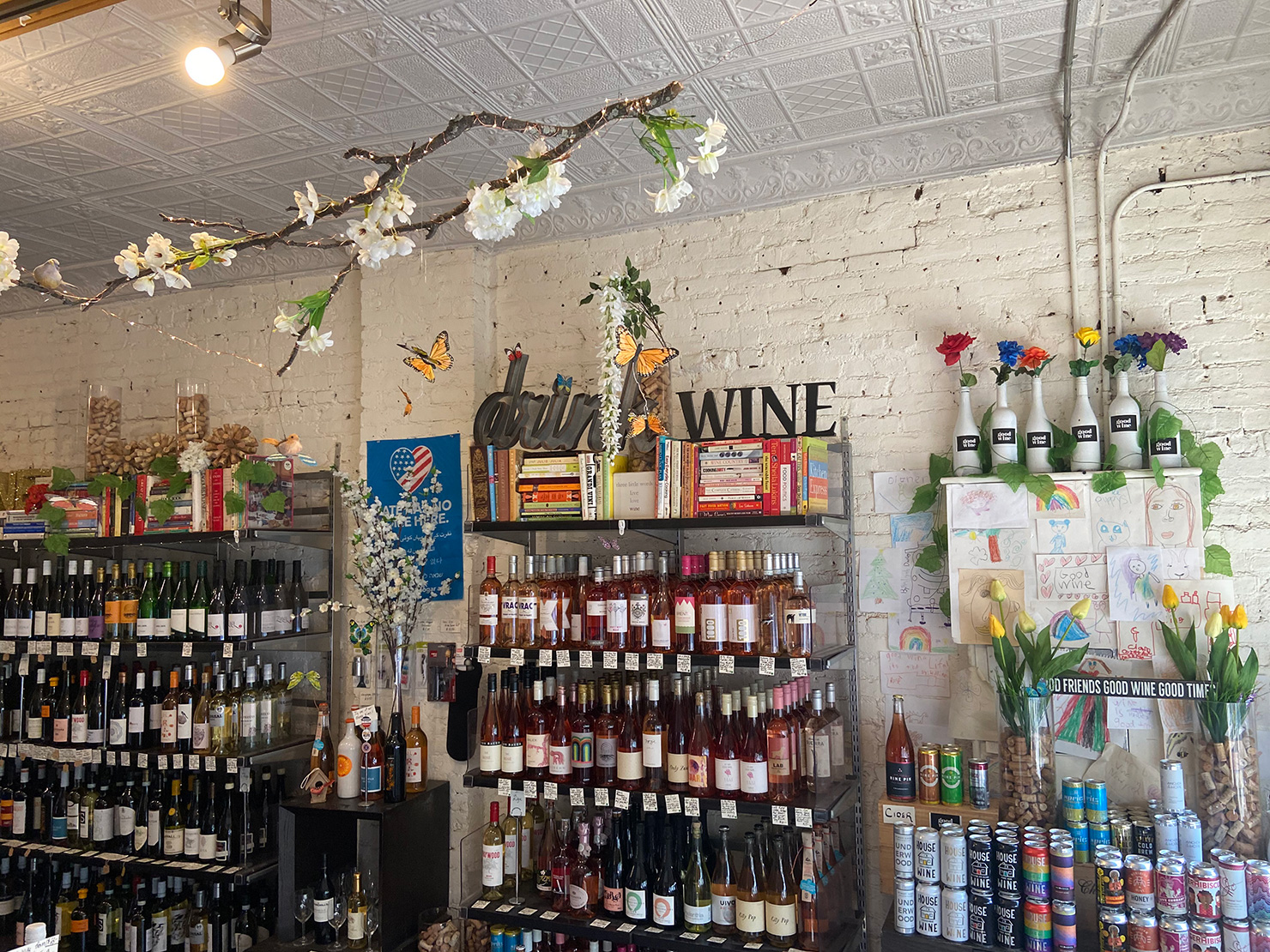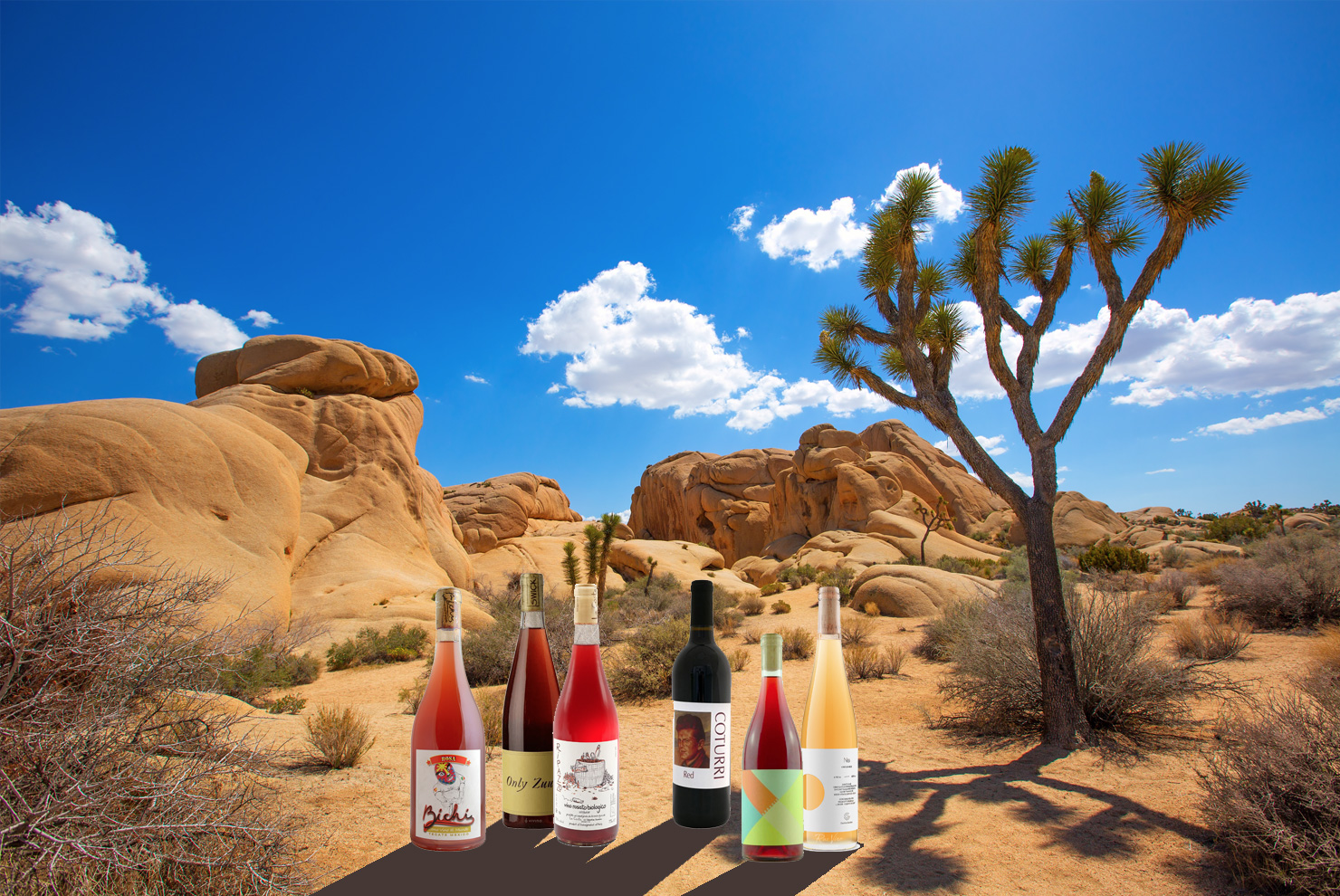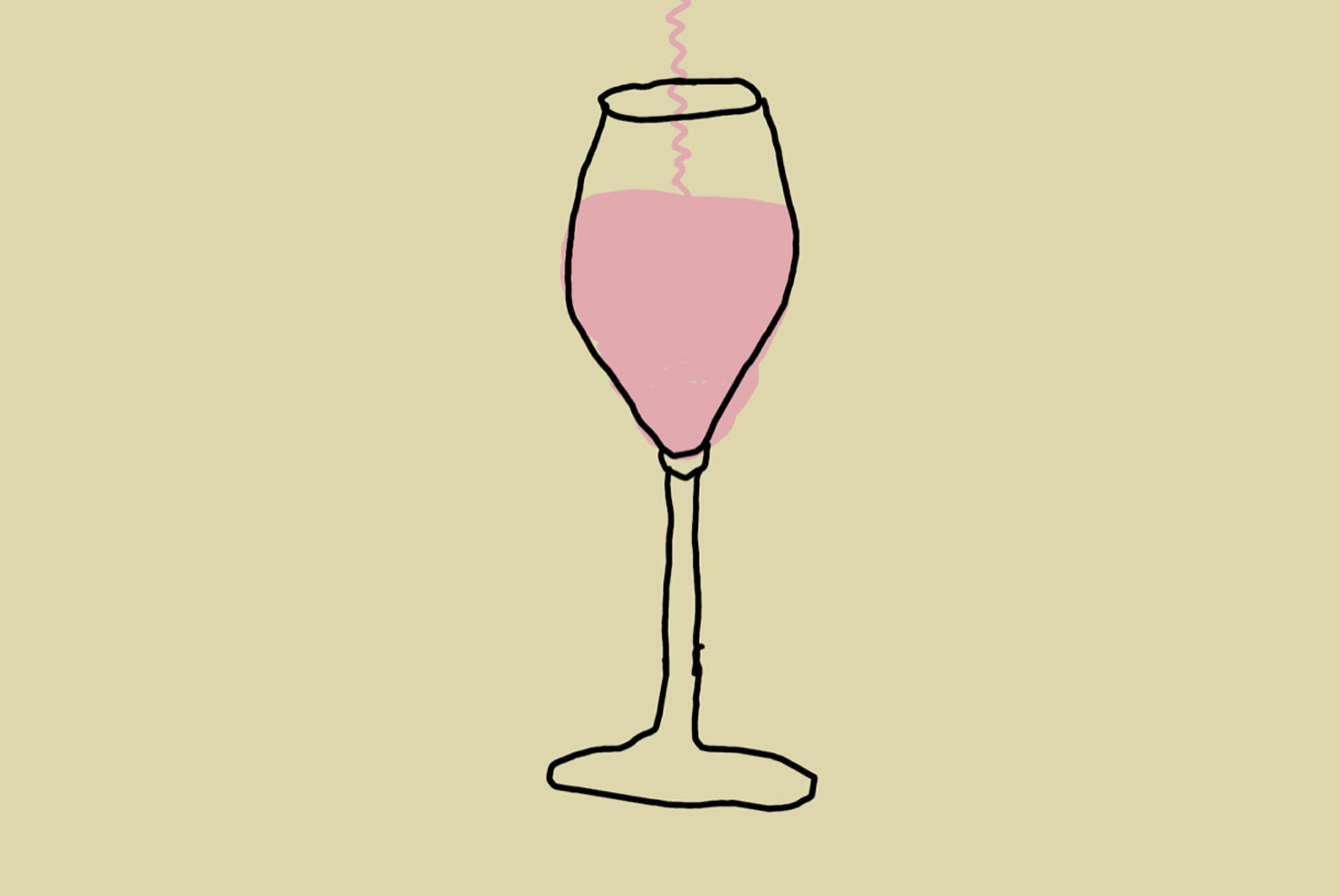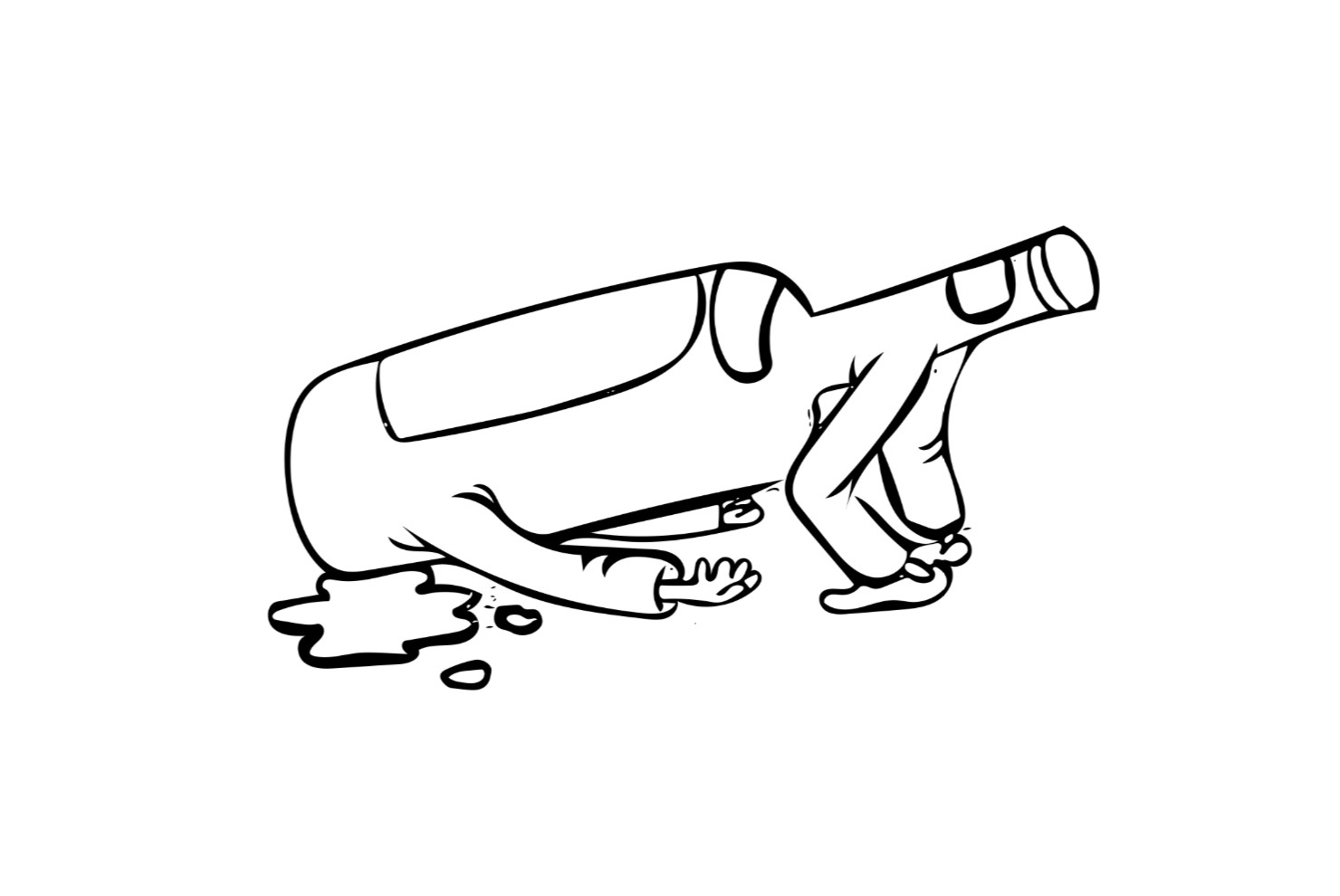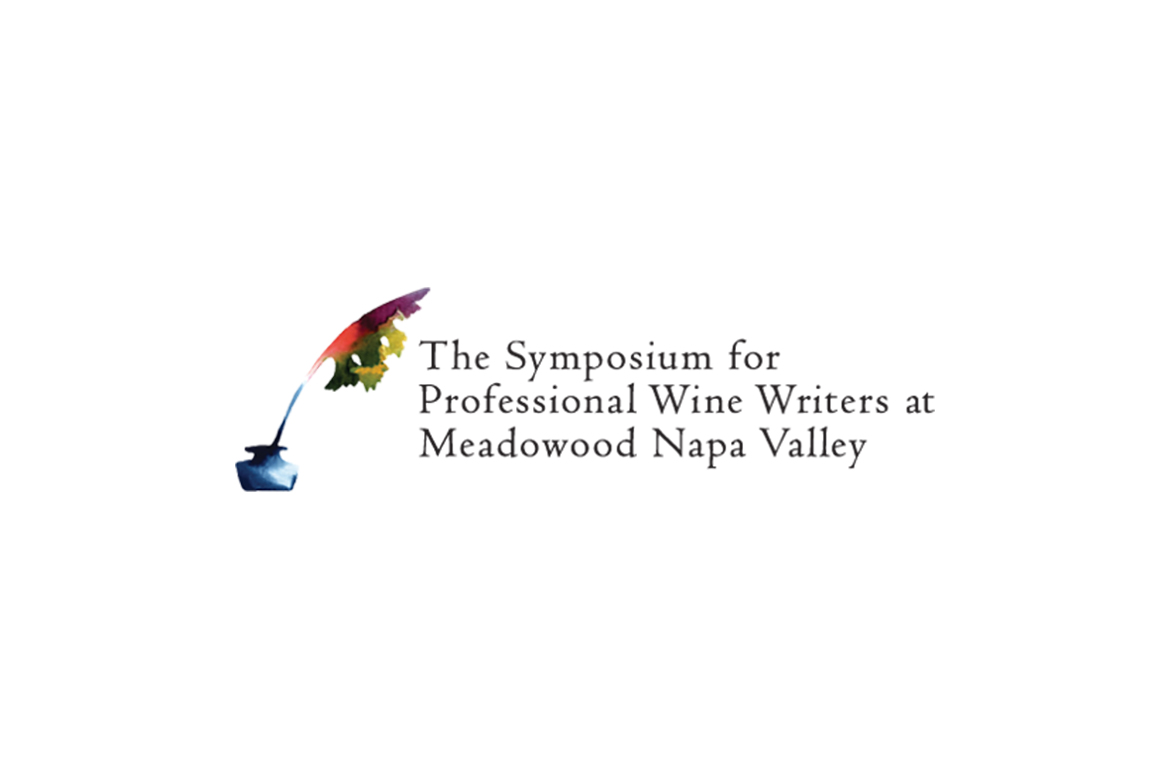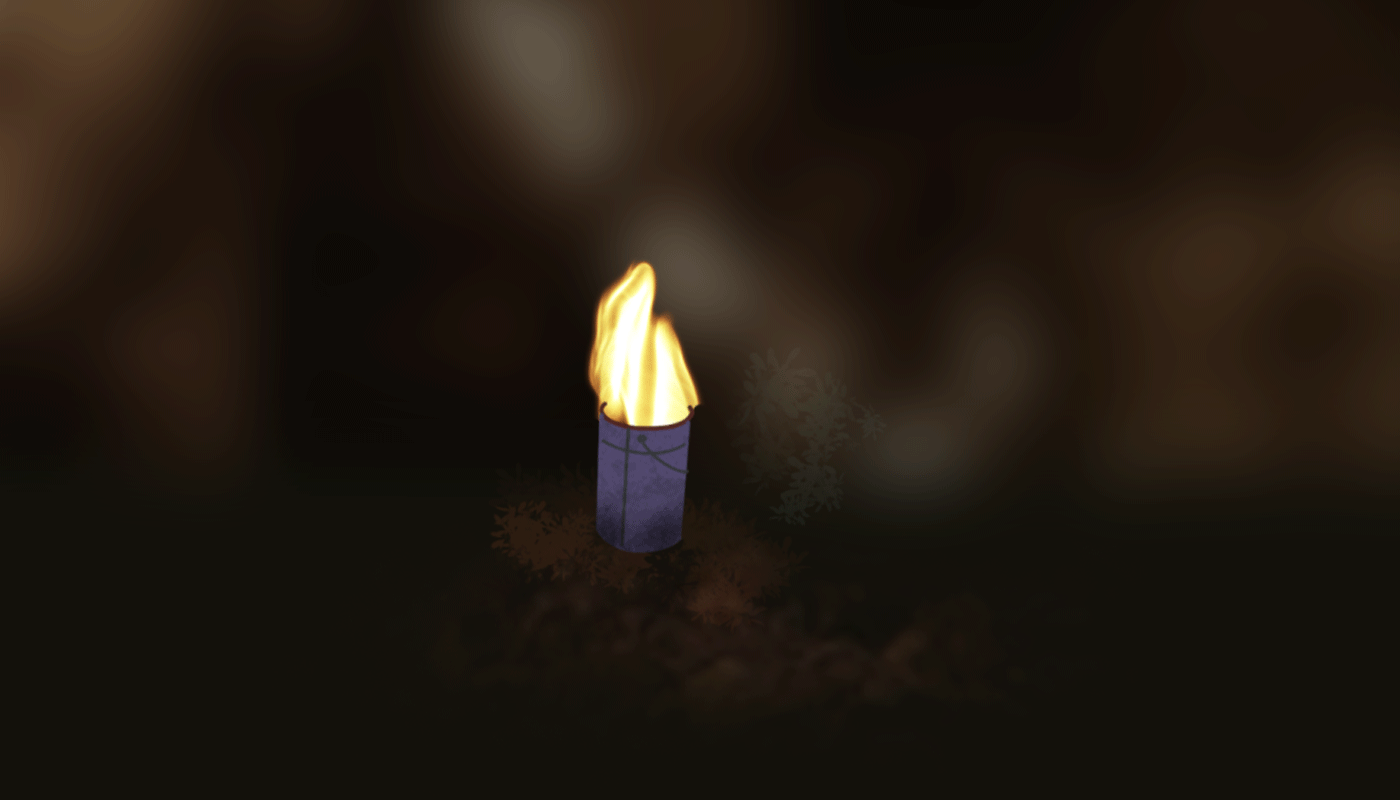Last June when they decided to open a bar focused on natural wines in Rio de Janeiro, Dominic and Selene Parry had no idea that they would hit the bullseye. The couple behind the successful Botafogo Winehouse, opened in 2014, and which attracted a diverse crowd eager for good glasses, knew that the city had a huge potential for wine aficionados—but a venue dedicated only to naturals? Would it work?
Today, three months after opening CRU Natural Wine Bar, they have no doubt that their bet was spot on. “We could not imagine we would be right from the very beginning,” Dominic Parry explains. The decision to open it in one of the hippest and most interesting neighborhoods in Rio de Janeiro, Botafogo (dubbed BotaSoho, an allusion to the trendy New York neighborhood) was one key to the bar’s instant success. But what impressed the Parrys was people’s interest in natural wines in the city.
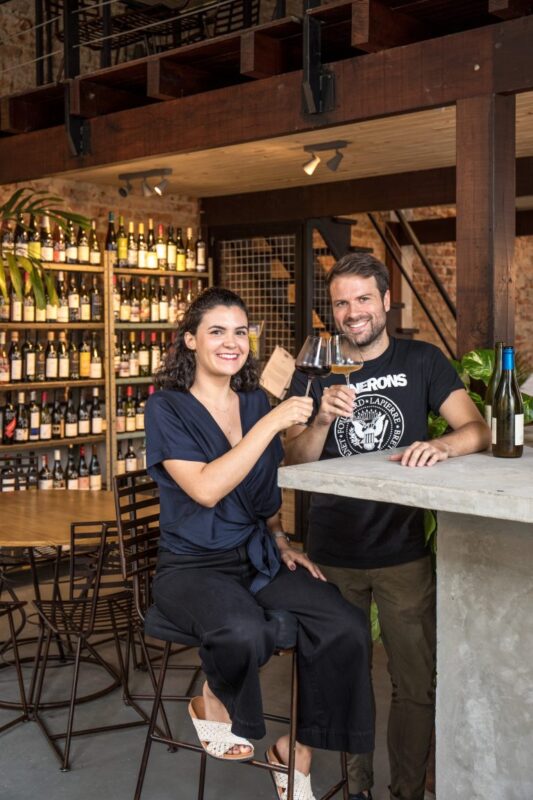
“We have seen this natural movement for some years—it was expected that this philosophy would also hit the bottles,” Dominic Parry says. “But we did not expect it would be so fast,” he adds. Parry, an English linguist, visited Rio de Janeiro for the first time in 2009, and a year later settled permanently in the city. It was in that year that he met local architect Selene, who he would later marry.
The couple decided to open CRU, in part, to satisfy their own natural wine needs. According to Dominic, in Rio de Janeiro, natural wines used to be served only in the best restaurants, and they were usually expensive because they would involve a tasting menu and other things that added more costs to the experience. “We did not have a market proof that there was a large audience interested in these wines in the city. We only knew that our friends, like, a dozen people, would be interested, but that didn’t mean we would have customers, it was a risky step,” he says. He admits his wife was more fearless: she convinced him that they should follow their gut.
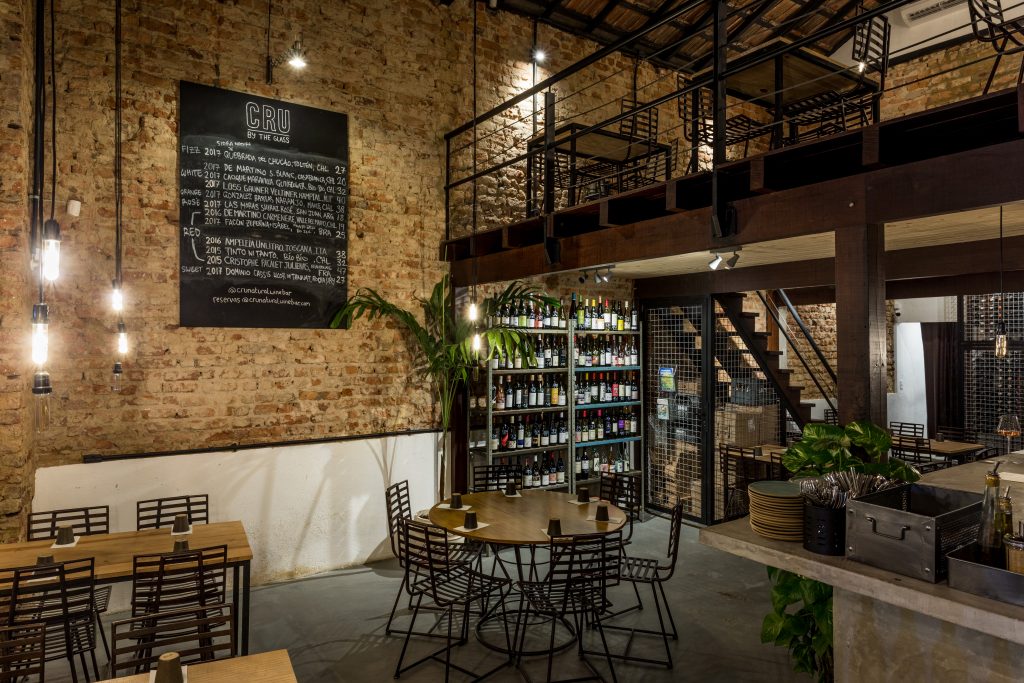
The couple says that was how they also came up with Winehouse. By that time, there was also no place in the city to sit and have wine with friends in a more unpretentious way, as is the case with the botecos that exist in Rio de Janeiro. Botecos are no-frills, interchangeable bars—the Brazilian version of dive bars—spread all over the city. “We created this place because we had nowhere to go in search for good wine with a more relaxed room,” he says. CRU has bold décor, with exposed brick walls, cement floors, and a charming winter garden.
The wine list gathers more than 100 labels, made with the minimum of intervention, between organic, biodynamic, and those produced through spontaneous fermentation. It includes great wines, such as a German Sauvignon Blanc from Von Winning and the Chilean red Cacique Maravilla Pipeño, one of the favorites of the bar.
They also bet on Brazilian options, since the scene of natural wines in the country has developed a lot lately—both in quantity and quality. “We work with Faccin, for instance, a great winery in Rio Grande do Sul, a region where many wines are produced in Brazil. We love a sparkling wine they produce, with a single bottle fermentation, which gathers Chardonnay, Pinot Noir, and Riesling grapes, all fermented together,” he says.
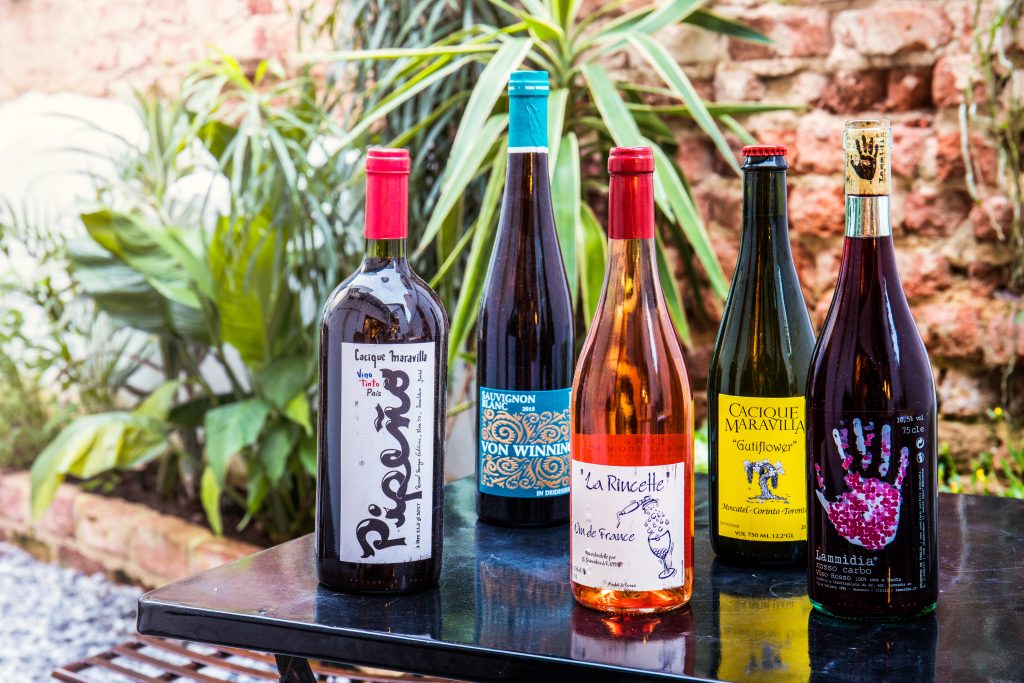
By the glass, there are suggestions ranging from about $4 to $15 USD, with many in between. “Since our experience with Winehouse, we decided to have good choices by the glass, which allows people to come and taste more wines, or come to drink a glass and eat something after the movies or the theater without the need to order a whole bottle. It makes the service more casual, too,” Dominic explains. The cuisine is focused on recipes with an English accent, with recipes from Dominic’s homeland, such as the scotch egg, made with pork and breaded in sourdough crumbs, and the traditional fish and chips.
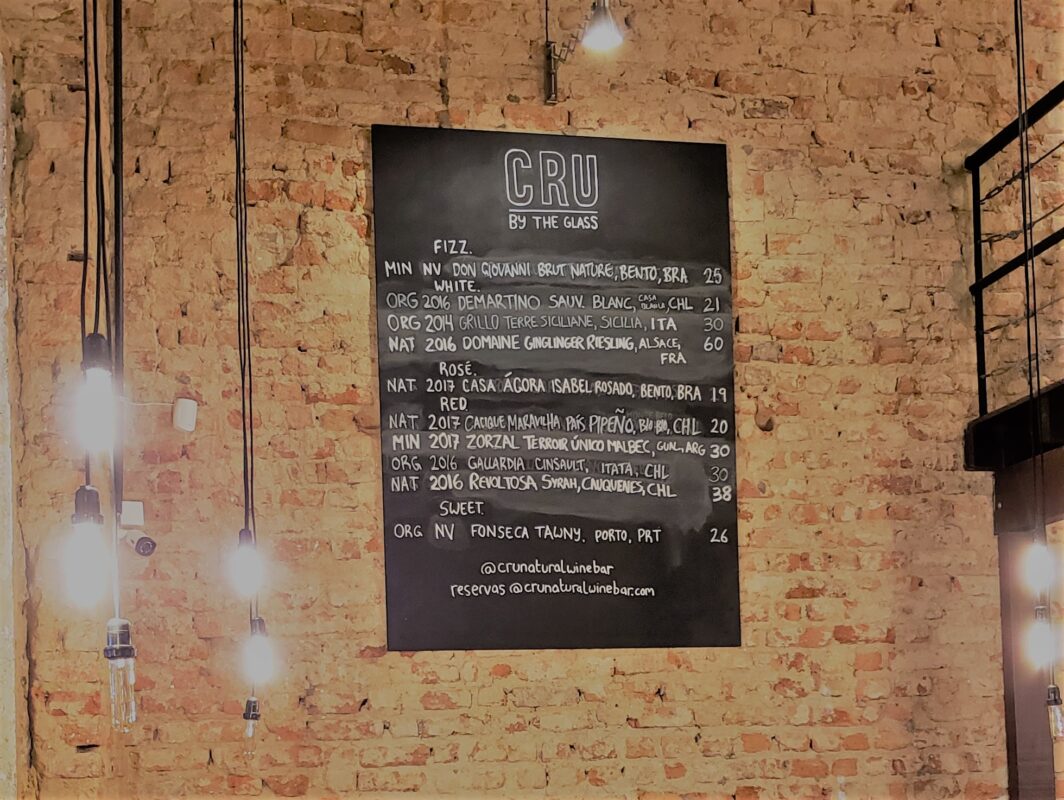
Dominic believes that natural wines are more fun because they have fewer rules, less control over winemaking, and more possible results. “Some people feel intimidated in ordering conventional wines because they are still very strict,” he points out. As for the natural ones, it is more about what you perceive in wine and much less what wine should or should not have. “What for some experts can be seen as an off taste, for natural wine lovers is a characteristic to be exalted, appreciated.”
Parry also attributes the success of the business to the casual approach they intended to pursue since the beginning. “We do not want to tell the client how a wine should be, what sensory notes it should have. We want everyone to notice their own references in each glass and enjoy what they are drinking,” he says.
A good formula for success.
CRU Natural Wine Bar is located at Rua Arnaldo Quintela, 94, 22280-070 Rio de Janeiro. Follow them on Facebook and Instagram.
Rafael Tonon is a freelance journalist based in Brazil.
Photos by Tomas Rangel unless otherwise noted.








